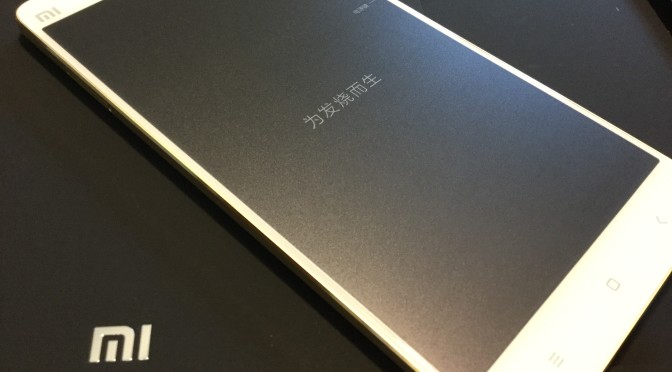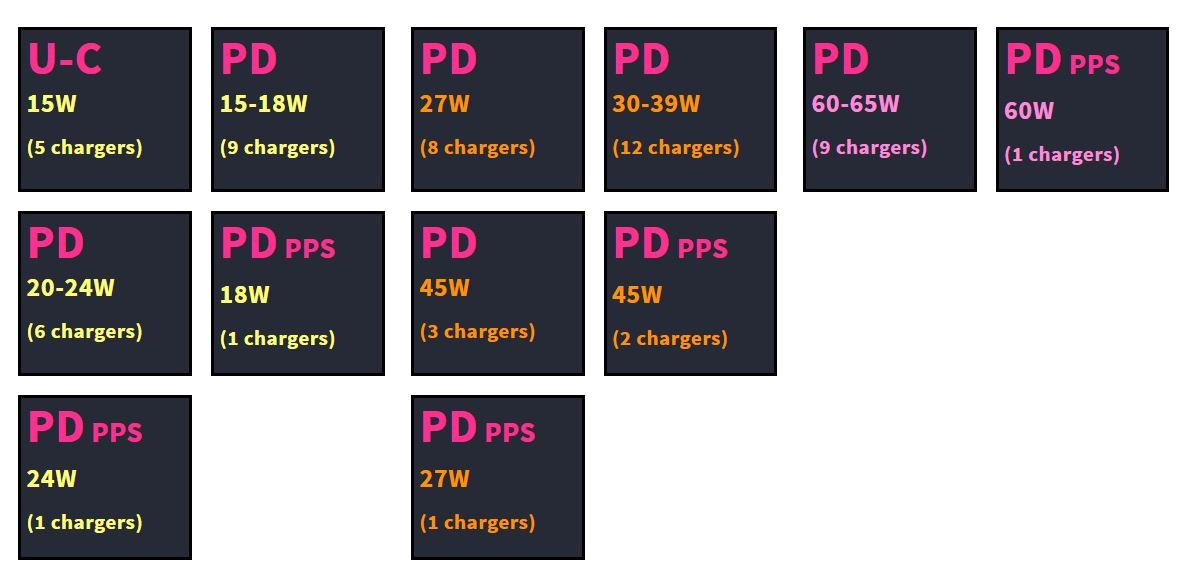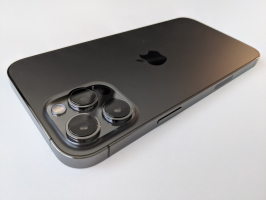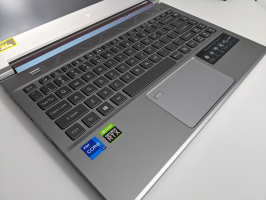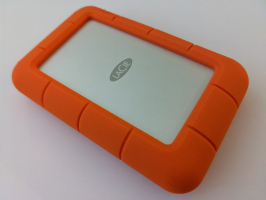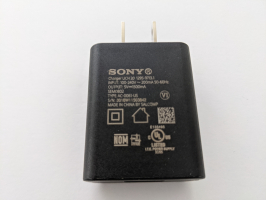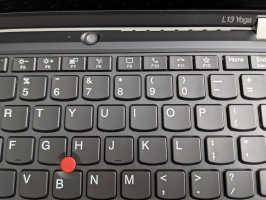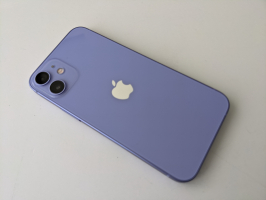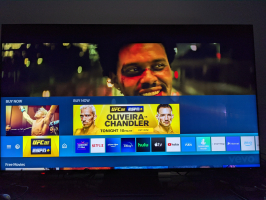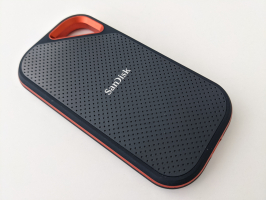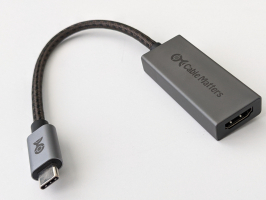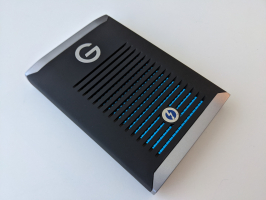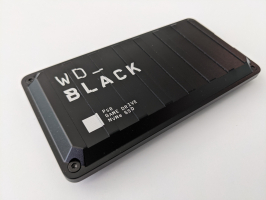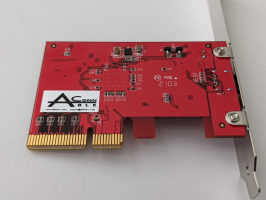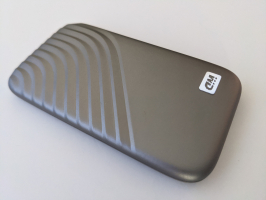When you arrive in Singapore's Changi Airport, the first thing that greets you before immigration is a large Huawei P8 banner. For many Westerns, the first thing they ask is who is Huawei?
Huawei is now the third largest smartphone manufacturer in the world most based on its success in its home base China. In fact, it seems like each country has their own champion fighting in the smartphone area.
Huawei and Xiaomi duke it out splitting the China market into high and low end segments. Samsung and LG have a similar dynamic based out of Korea but focusing on an export strategy. In the US, Apple reigns supreme. Old European players like Ericsson got merged into Sony, the king of smartphones in Japan, while Nokia got gobbled up by Microsoft. Old US players like Motorola have become Chinese having been acquired by Lenovo, another large player based in China.
Singapore however is different. It's a small country with a lot of purchasing power, and given it's highly international nature, is a microcosm of fierce competition in smartphones worldwide
The day I landed in Singapore was actually special since it was the 50th anniversary of Singapore's independence.
[embed]https://www.youtube.com/watch?v=lCVpWoOS9KM[/embed]
Everyone was wearing SG50 shirts and backpacks to celebrate the occasion. After arriving in Singapore early in the morning, I first popped into a Mr. Bean, a chain of food cafes that specialize in soy products for breakfast at the Bedok Mall.
After stores opened, I stopped by a local branch of Singtel, one of the main telecom operators in Singapore. The range of phones brands offered was a lot more than telecom stores outside of Singapore.
Xiaomi phones were everywhere and easier to buy in Singapore than in China.
Brands from Sony, Microsoft, LG, Asus, Blackberry, and Samsung were all well represented. Even Oppo, another Chinese maker aggressively promoting itself in Asia had prominent display positions in the store.
Samsung and Apple right now lead the smartphone market but it will be interesting to see how Xiaomi, Huawei, Lenovo, and others will vie in this highly competitive market.
 GTrusted
GTrusted

